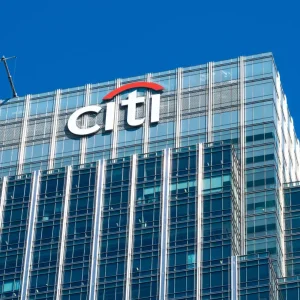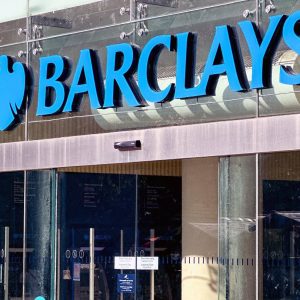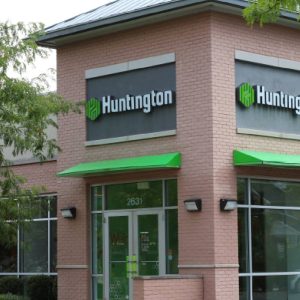The Institute for Public Policy Research (IPPR) said that 5.5 million people claiming benefits or the Working Tax Credit should have their savings matched by the UK Treasury with 50p for every pound they save. In a new report, the IPPR says that a matched saving scheme is the only way to help the poorest UK citizens save for the future.
The report comes after the collapse of the GBP45 million FarePak saving scheme, which has left 150,000 people without their Christmas savings. A FarePak Response Fund has been set up to help those affected by the collapse, but the IPPR argues that a national government savings scheme is needed for those on the lowest incomes.
The UK government has been piloting the ‘Saving Gateway’ in East London, Manchester and Cambridge over the last four years. IPPR’s report says that the evaluations of the pilot schemes are so positive that the UK’s chancellor should announce a national roll-out of the scheme in his pre-budget report, which is expected later this month. Indeed, eight out of 10 people who took part in the pilot schemes described themselves as saving regularly at the end, compared to less than one in five at the start.
The IPPR says that Saving Gateway accounts should be linked to tailored and interactive financial education based around consumers’ own account. Savers should be encouraged to set individual saving targets and be able to save under different headings.
The institute’s report also shows that people living on a low income often don’t trust banks and building societies, so the accounts need to be delivered by local community organizations, such as housing associations and credit unions, which command greater levels of trust among this group.
When your income is less than GBP150 a week, every penny counts. The government currently spends GBP1.75 billion on saving incentives but these go disproportionately to those who are better off because they are related to the amount of tax that people pay. Higher rate taxpayers get the best incentives and people whose incomes are too low for them to pay any tax don’t receive any incentive at all, said Ian Kearns, IPPR deputy director.
We know that these schemes can kick-start a long-term savings habit and help the poorest in society to look after themselves and their families. People on low incomes often don’t trust banks or building societies and end up saving into unregulated schemes like FarePak. It would be better to have a national scheme guaranteed by the government but delivered locally by trusted community groups, he continued.






